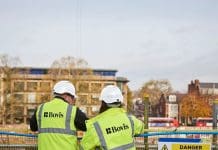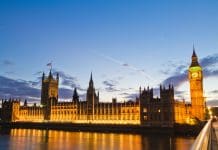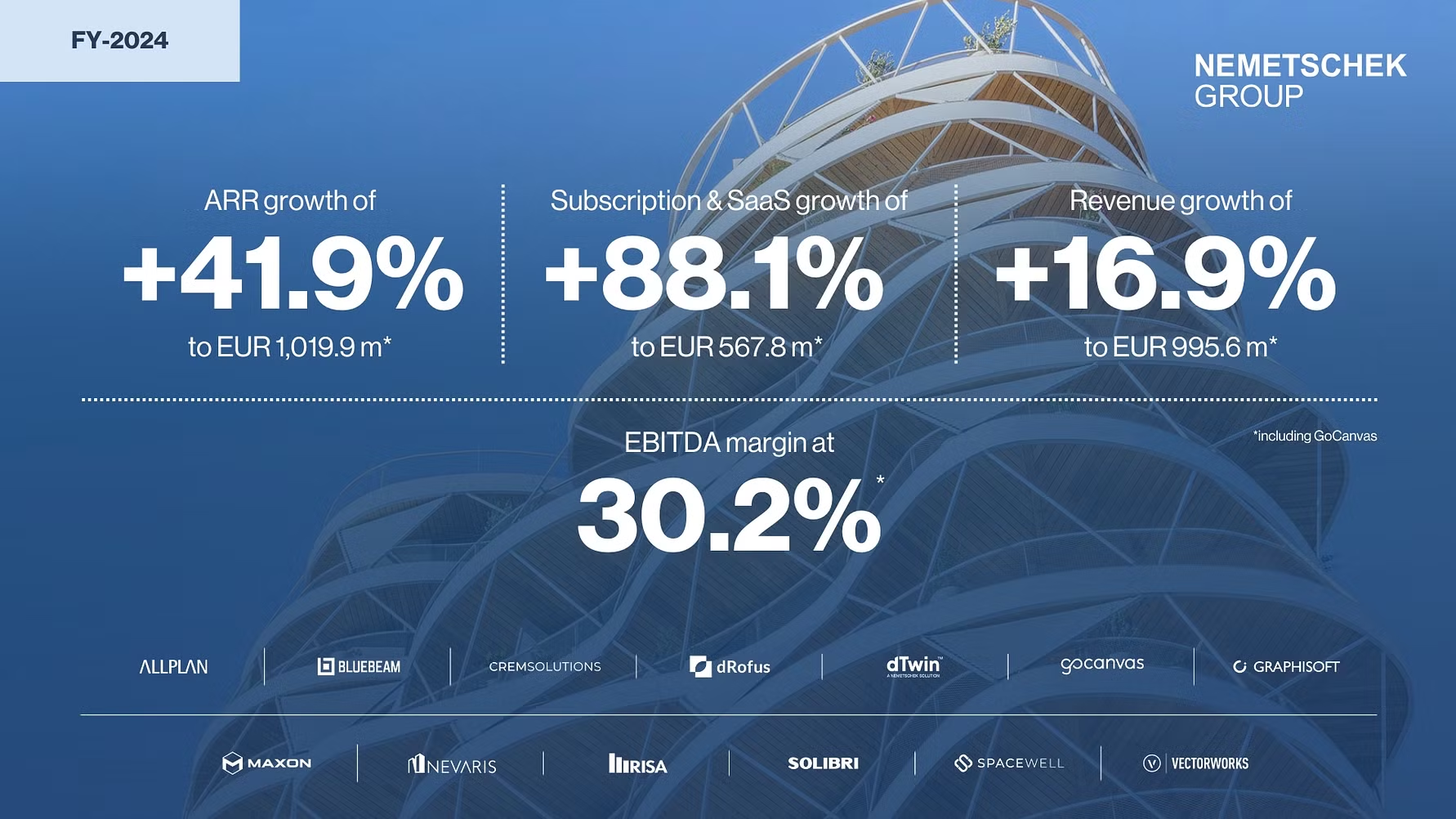Data in the built environment can change lives for the better – but only if it’s trusted and used ethically, says Brian Hills, CEO of The Data Lab
As author Mike Loukides says in his book, Ethics & Data Science: “A better world won’t come about simply because we use data; data has its dark underside.”
People create a staggering amount of data – 3.5 quintillion bytes a day, according to the latest estimates. At our biggest-ever Data Summit last November, the 600-strong audience heard how this mountain of data has the power to unlock a brighter future – but only if it’s used ethically and organisations can improve public trust surrounding its use.
There is much work to be done on that front. New research from Forbes Advisor found Facebook owner Meta was the company the public trusted the least, likely due in part to it allowing consulting firm Cambridge Analytica to harvest the data of 87m users without their consent.
However, I know first-hand that data can do great things. If used correctly, it can help us to better inform business insights and strategies, and resolve societal challenges – and we are seeing more examples every day. But there’s a vital need to balance these benefits with public concerns around privacy and what data is being used for.
Building trust in data in the built environment
Several speakers at Data Summit alluded to this challenging issue. Broadcaster Professor Hannah Fry told how data which is not collected scrupulously has the potential to exclude and discriminate. And Professor Devi Sridhar, global public health expert at the University of Edinburgh, highlighted the problems that a lack of trust in data could cause, citing the drop-off in vaccinations as an example.
It’s a tricky balancing act, not helped by many business leaders lacking confidence in the subject. A study by the Department for Digital, Culture, Media & Sport found nearly half of leaders don’t feel prepared to handle or fully understand data. Whether it’s down to a lack of awareness or training, the outcome is organisations at risk of not behaving ethically – which can have a direct impact on revenue and business.
While the pandemic accelerated the speed at which businesses adopted digital technology – and became custodians of lots of valuable data – many still need to understand how to use it in a way that meets ethical guidelines and builds trust.
Data in the built environment
It’s no different when it comes to the built environment; the sector is alive to the opportunities presented by data but needs help to realise its full potential in an ethical way.
The increasing collection and analysis of data through sophisticated technology like ambient, physiological and building sensors opens up a new world of possibilities for buildings and spaces, many of which can be of particular benefit to society’s most vulnerable.
For example, the NHS says around half of over-80s will have at least one fall a year, often leading to a loss of confidence and independence. The award-winning FIT Home initiative, pioneered by Albyn Housing Society and supported by The Data Lab, uses ambient sensors to capture data as elderly residents move around their homes. This anonymised data is analysed by researchers to pinpoint the types of activities that are precursors to falls, enabling alerts that allow intervention to prevent those falls. The tenants own their data, and Albyn worked with solicitors on contracts that ensure data use prioritises tenant interests.
In another initiative, we are one of nine partners supporting the award-winning Peoplehood project, being trialled in three Scottish neighbourhoods. Data from this three-year pilot will create a blueprint for active neighbourhoods, with age-friendly homes that aim to keep people living healthily and independently for longer, which could also reduce the cost of care in later life. Before the project began, a full ethical assessment was undertaken with tenants during the interview process.
Ethical data use could help resolve the social housing shortage
Separately, the problem of vacant buildings is something that property technology start-up Grand Bequest aims to solve with data. Its AI-driven platform makes all aspects of reusing empty buildings easier and more accessible, which could help transform the lives of more than 150,000 people awaiting social housing. A prime example of data being used as a force for good.
Initiatives like these can undoubtedly improve lives – but data must be collected in an ethical way, with appropriate consent, that’s compliant with regulation. And while people increasingly understand the advantages of data, growing fears about the downsides must be addressed to mitigate public concerns.
Encouragingly, the issue of data collection in the built environment – and the ethics surrounding its use – are likely to become more pertinent as technology such as AI and the Internet of Things further evolves to form an increasingly significant part of our lives.
History shows us that every innovation has side effects, and data and AI are no different. From breaching trust to increasing inequality, the repercussions can have a significant impact on business performance and outcomes – which is why we have created a network of peers and experts that can help navigate these challenges.
Brian Hills
CEO
The Data Lab
Tel: +44 (0) 131 651 4905






![[VIDEO] Making DorTrak reports easy to read with Fireco Inspecting fire doors at Fireco, firedoor technology, 2023](https://www.pbctoday.co.uk/news/wp-content/uploads/2024/04/JPZ_2364-web-218x150.jpg)
![[VIDEO] Re-flow Field Management review by Traffic Management Installations When TMI began subcontracting for councils and government bodies, they wanted to present their site reporting in a more professional manner](https://www.pbctoday.co.uk/news/wp-content/uploads/2025/03/TMI-Media-1-218x150.png)






